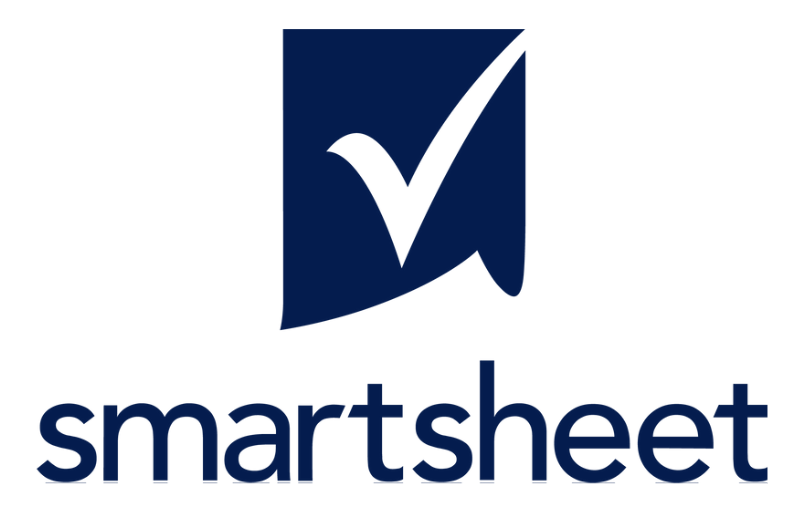Smartsheet Navigates Change: Leadership Transition and Workforce Reduction
In a significant shift for the Pacific Northwest tech landscape, Bellevue-based enterprise software company Smartsheet has recently undergone substantial organizational changes following its $8.4 billion private acquisition earlier this year. The company, which transitioned off the New York Stock Exchange in January after being acquired by Blackstone and Vista Equity Partners, has implemented job cuts affecting more than 120 employees according to sources close to the situation. While Smartsheet has confirmed the workforce reduction, they’ve declined to specify the exact number of positions eliminated. This restructuring coincides with a pivotal leadership change as longtime CEO Mark Mader stepped down at the end of September, with respected Seattle tech leader Sunny Gupta, co-founder of Apptio, stepping in as acting CEO and executive chair. These developments represent a turning point for a company that had experienced remarkable growth in recent years, tripling its workforce to over 3,300 employees in the five years leading up to its final quarterly filing as a public company.
The acquisition by private equity giants Blackstone and Vista Equity Partners earlier this year marked a significant premium for Smartsheet shareholders, offering approximately 41% above the company’s average stock price in the months preceding transaction reports. This deal reflects ongoing interest in Seattle-area tech companies by these investment firms, with Vista previously acquiring local companies Apptio and Avalara, while Blackstone added pet-sitting platform Rover to its portfolio. The transition to private ownership appears to have triggered a reassessment of Smartsheet’s operational structure and strategic direction, resulting in the recent staffing adjustments. For employees affected by these cuts, the changes represent a challenging outcome of the company’s new ownership and leadership vision, particularly during a period when the broader tech industry continues to experience fluctuating employment stability.
The leadership transition from Mark Mader to Sunny Gupta signals a new chapter for Smartsheet. Mader, who announced his retirement in August, had guided the company through significant growth phases, including its 2018 initial public offering and subsequent expansion. Gupta brings considerable experience to his role as acting CEO, having previously founded Apptio, which itself went through a Vista Equity Partners acquisition in 2019. His appointment suggests the new owners are looking to bring fresh perspectives to Smartsheet’s executive direction while navigating the company through its transition from public to private operations. This leadership change, occurring simultaneously with workforce reductions, indicates a comprehensive reassessment of Smartsheet’s organizational structure and strategic priorities under its new ownership arrangement.
Prior to these changes, Smartsheet had established itself as one of the Seattle area’s tech success stories, developing collaborative work management software that helped organizations streamline processes and manage projects more efficiently. The company’s growth trajectory had been impressive, with its headcount tripling over a five-year period as it expanded its market presence and product offerings. The $8.4 billion acquisition price reflected confidence in Smartsheet’s business model and future potential, despite the decision to take the company private after several years on the public markets. For the broader Seattle tech ecosystem, Smartsheet’s evolution represents both the opportunities and challenges that come with private equity investment in the technology sector, particularly as companies mature beyond their high-growth phases.
In the months following the Blackstone and Vista acquisition, Smartsheet had reportedly been investing heavily in artificial intelligence capabilities, both for internal operations and as enhanced features within its product lineup. This AI focus aligns with broader industry trends as enterprise software companies race to incorporate advanced automation and intelligence capabilities into their platforms. The recent restructuring may partially reflect a realignment of resources toward these strategic technology priorities, potentially consolidating certain operational functions while expanding investment in AI development. For the company’s clients and partners, these moves signal Smartsheet’s continued commitment to technological advancement, even as it adjusts its organizational approach under private ownership.
The workforce reductions at Smartsheet add to a pattern of employment fluctuations across the technology sector, where companies continue to calibrate their staffing levels amid changing economic conditions and strategic pivots. For the Seattle region specifically, which hosts numerous technology companies at various stages of growth and maturity, Smartsheet’s changes illustrate the evolving nature of the local tech employment landscape. As the company moves forward under new leadership and private equity ownership, the technology community will be watching closely to see how Smartsheet balances operational efficiency with innovation goals. Meanwhile, the affected employees join others in the industry navigating career transitions during a period of ongoing transformation in how technology companies structure their workforces and prioritize their investments in human capital versus technological advancement.


